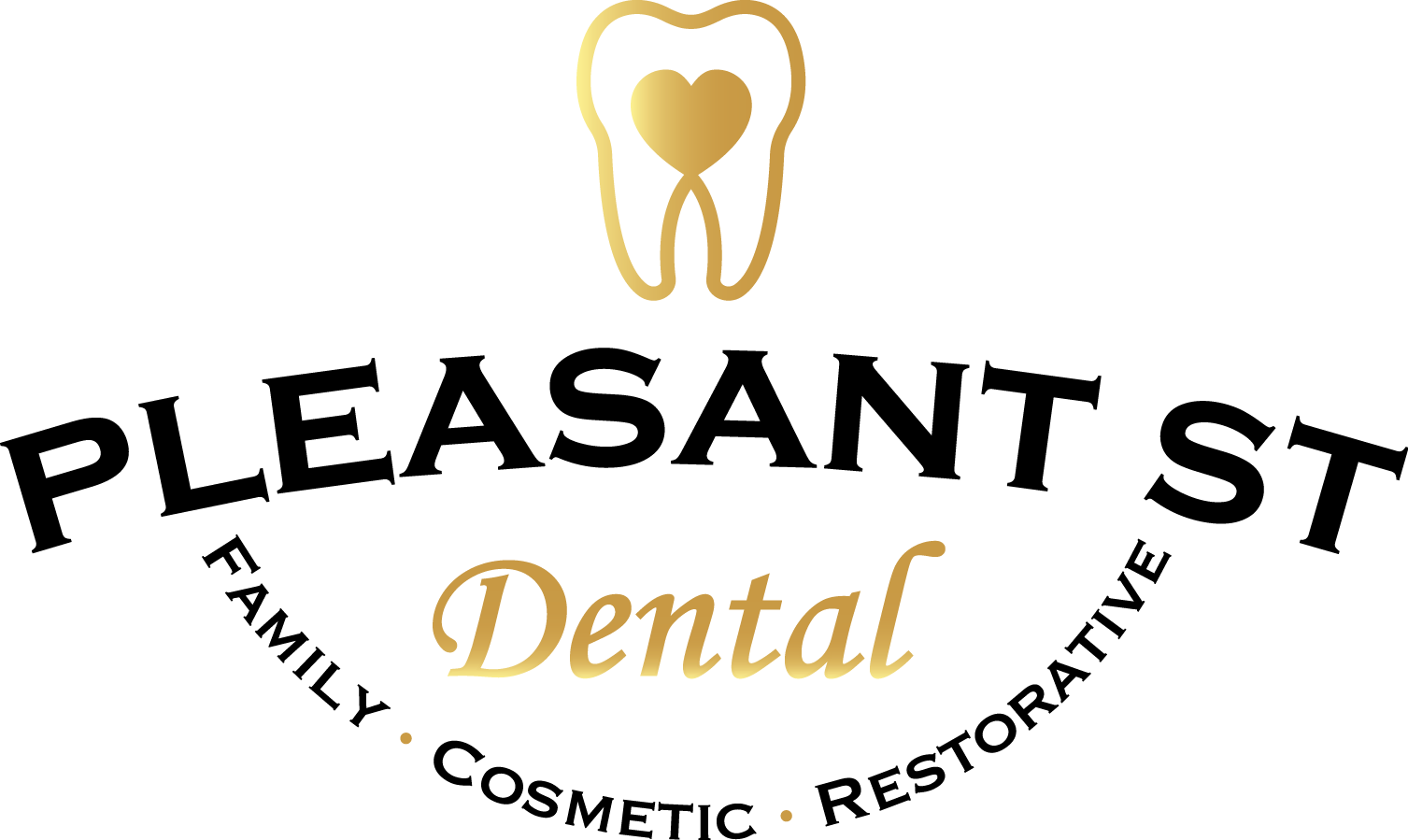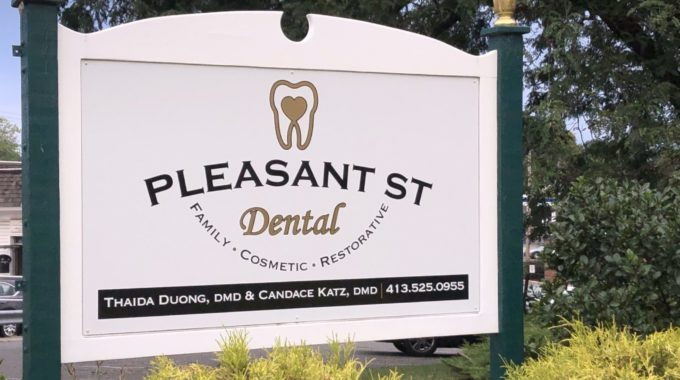
World Heart Day! Toothbrushing Habits and Your Heart Health
It may be surprising, but several studies in recent years have shown a connection between poor oral hygiene and cardiovascular conditions such as heart attack or stroke.
Why is Oral Health and Cardiovascular Health Related?
According to Harvard University’s Robert H. Shmerling, MD, there are a few theories as to why toothbrushing habits may be linked to you heart.
- The bacteria that infects your gums and causes gingivitis or periodontis can also travel to blood vessels in other parts of your body, where they cause inflammation and damage.
- The body’s immune response – inflammation – triggers a cascade of vascular damage throughout the body, including the heart and brain
- Some speculate that there may be a 3rd factor (such as smoking) that is a risk factor for both conditions
It is likely that there will need to be additional research to really understand the true connection but there are studies that do show a correlation. According to The Mayo Clinic, studies have shown:
- Gum disease (periodontitis) is associated with an increased risk of developing heart disease.
- Poor dental health increases the risk of a bacterial infection in the bloodstream, which can affect the heart valves.
- Tooth loss is connected to coronary artery disease.
- There is a strong connection between diabetes and cardiovascular disease. There is even evidence that people with diabetes may benefit from periodontal treatment.
Additional studies mentioned on Heart.org support a connection between gum disease and heart health because gum disease may put your body in a constant state of inflammation, which is a strong predictor of cardiovascular disease. Gum disease also seems to worsen blood pressure and interferes with medications to treat hypertension.
Stick to the Basics
So what can you do to protect your heart? Stick to the basics! Brush your teeth with a fluoride toothpaste at least twice a day for two minutes and floss properly. It’s a low-risk, low-cost option that has multiple other benefits beyond heart health.



